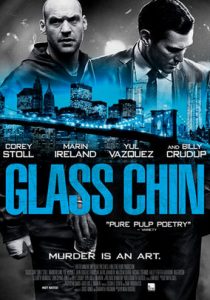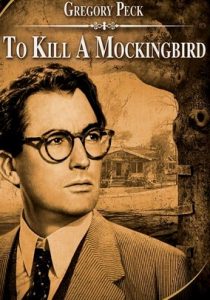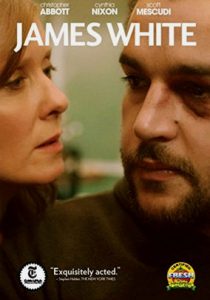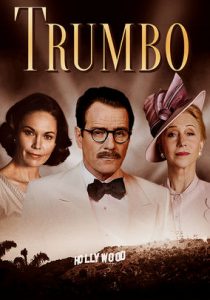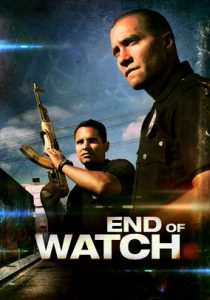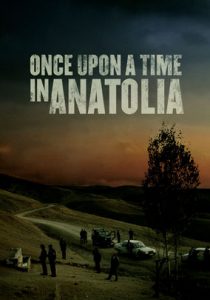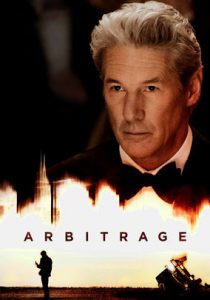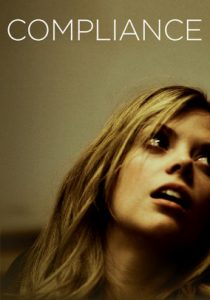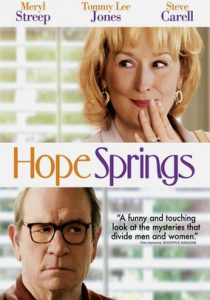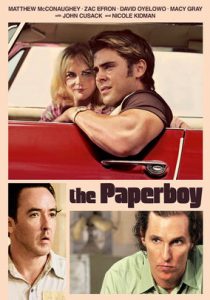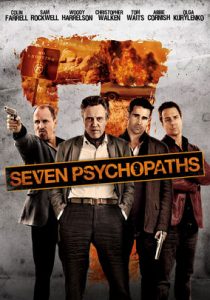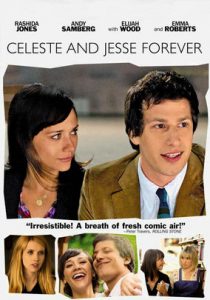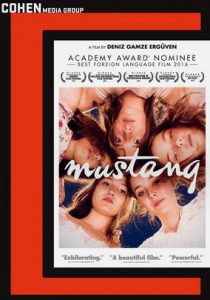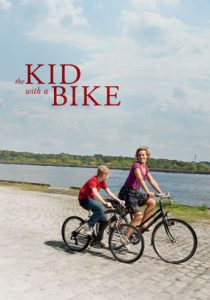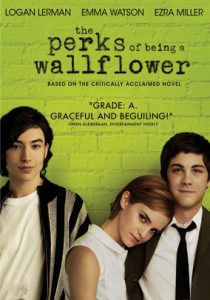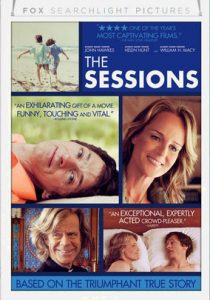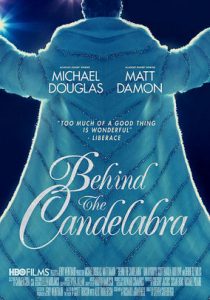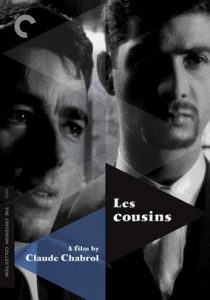Glass Chin-2015
Director-Noah Buschel
Starring-Corey Stoll, Marin Ireland
Scott’s Review #470
Reviewed August 28, 2016
Grade: B-
Glass Chin is an independent drama film from 2015 with some positive qualities as well as some negative qualities.
The film has two rather intriguing central characters, a working-class appeal, and some fun moments of Quentin Tarantino style influence, but the villains are unappealing and downright annoying much so that these elements detract from the main story. Still, a solid effort.
The premise is straightforward and comfortable- Corey Stoll plays Bud Gordon, a former New York boxer with a level of one-time success.
He now lives in a basic, small apartment in New Jersey with his girlfriend Ellen (Marin Ireland). Yearning to get back into the game, he aligns with crooked businessman, JJ Cook, played by Billy Crudup.
Along for the ride is JJ’s odd henchman, Robert. Framed for murder so that he is now “owned” by JJ, Bud must struggle to escape the mess he has gotten himself into.
The interesting parts of Glass Chin belong to Stoll and Ireland as they make Bud and Gordon both likable and genuine. They are a great team, once having success, now struggling to pay the rent. They encompass blue-collar appeal.
They are nice people, happy to dine at cheap diners, clip coupons, but also want a comfortable life. When Ellen tries caviar for the first time at a fancy hotel, she dislikes it. She is a happy working-class girl, comfortable in her skin. Bud misses the boxing lifestyle, not for the glamour, but a purpose.
Having owned a failed restaurant, he is now forced to take a job with a shady character to make ends meet.
I would have preferred the focus remain only on Bud and Ellen and their life struggles, perhaps more emphasis on their aspirations, his feelings of failure, and more story involving his training of young boxer, Kid Sunshine, but sadly these aspects are secondary to the emergence of villains JJ and Robert.
I am not sure why the filmmakers decided to make both JJ and Robert so weird, and I assume they were going for a Quentin Tarantino influence, but this did not work and led the film to lose some continuity.
Both characters, especially Robert, meander with monologues of nonsense dialogue and downright crazy talk that is rather over the top. It adds nothing to the story.
They are high-class thugs- the point comes across. The female characters, besides Ellen, are Tarantino influenced as far as their left of center actions (the wedding dress outfit, the statuesque model who beds Bud), but we know almost nothing about them.
As a side note, I loved the constant outdoor locales of New York City and New Jersey, which added authenticity to the film. When Bud drives around in his beat-up 1980’s Country Squire station wagon in the snowy New York weather, it adds a great atmosphere.
More of Bud and Ellen would have been preferred and less of JJ and Robert would have helped Glass Chin be a better film. Still, there is something about it that appeals, but overall Glass Chin is quite uneven.
Independent Spirit Award Nominations: Best Supporting Female-Marin Ireland
